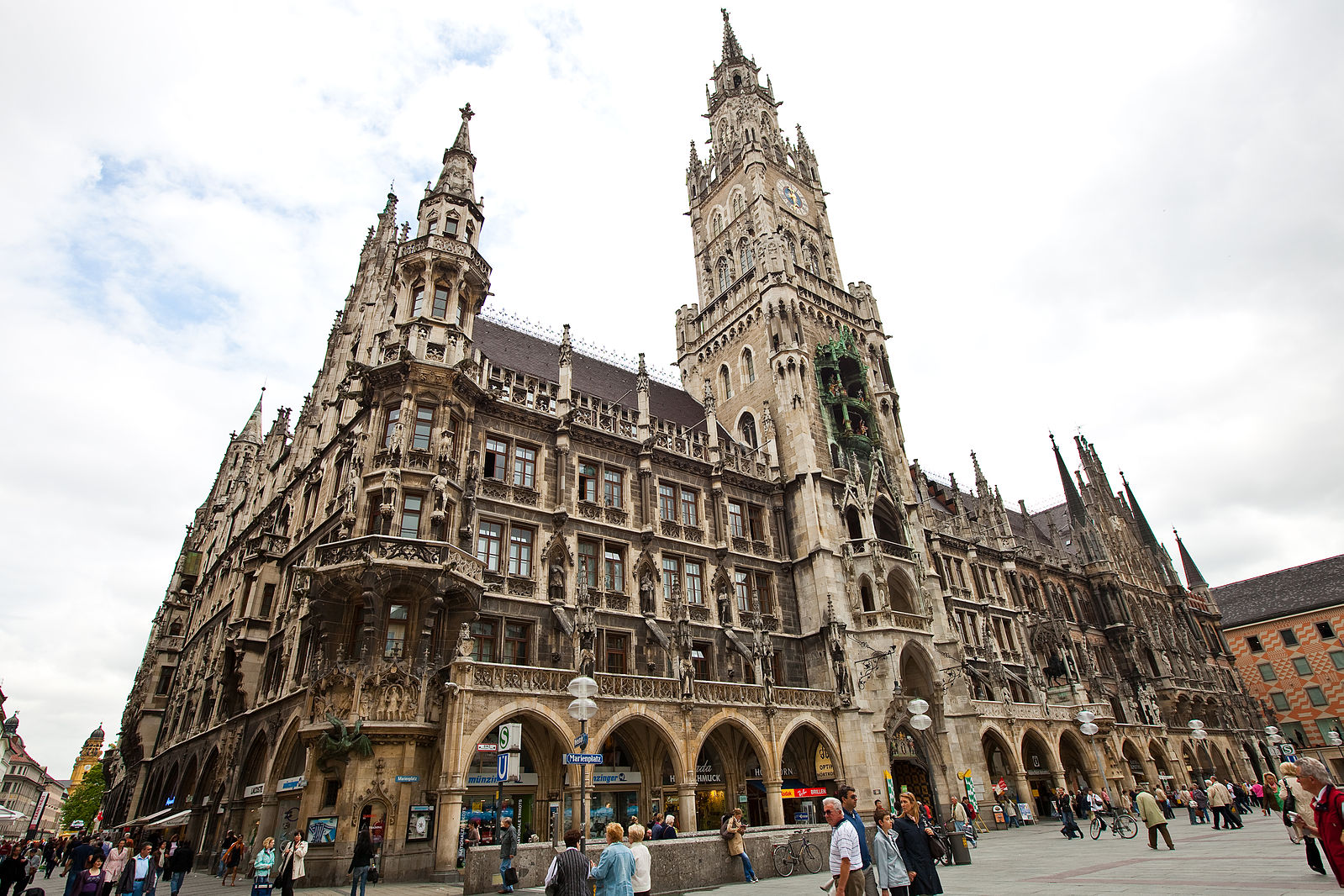The next European city I’ll be speaking about is Munich, Germany, the third largest city in Germany and home to the famous Oktoberfest.
Recently there has been a concentrated effort by the European Union to reduce Europe’s carbon footprint. The European Union set a standard that by 2020, 20% of the energy used in Europe should come from renewable sources, such as wind and solar. Munich is looking to do even more. By 2025, Munich plans to be 100% powered by clean energy. In order to meet this standard, Munich’s city utility company, Stadtwerke München, has to produce 7.5 billion kilowatt hours of sustainability electricity.
In order to facilitate this ambitious goal, Munich has already invested around nine billion euros into the project. They have installed a hydro water plant on the river, offshore wind projects, and a solar plant in Spain. Many projects Munich plans to implement or has implemented will have positive effects for all of Europe, not just Munich.
Munich also has sustainability plans set in place for its’ most popular event, Oktoberfest. Since 1991, the tents have used reusable cutlery and crockery and recycling has been collected. Additionally, Munich will implement a water recycling project, which reuses the water that washes the dirty beer glasses as toilet water. Furthermore, half of the beer and attraction tents will use eco-electricity, in order to cut down on the total energy consumed.
Munich, although smaller than some of the other cities I’ve talked about, seems to be one of the lead innovators in sustainability in Europe.
Written by Emma Briggs, Class of 2018
Photo: Wiki Commons

